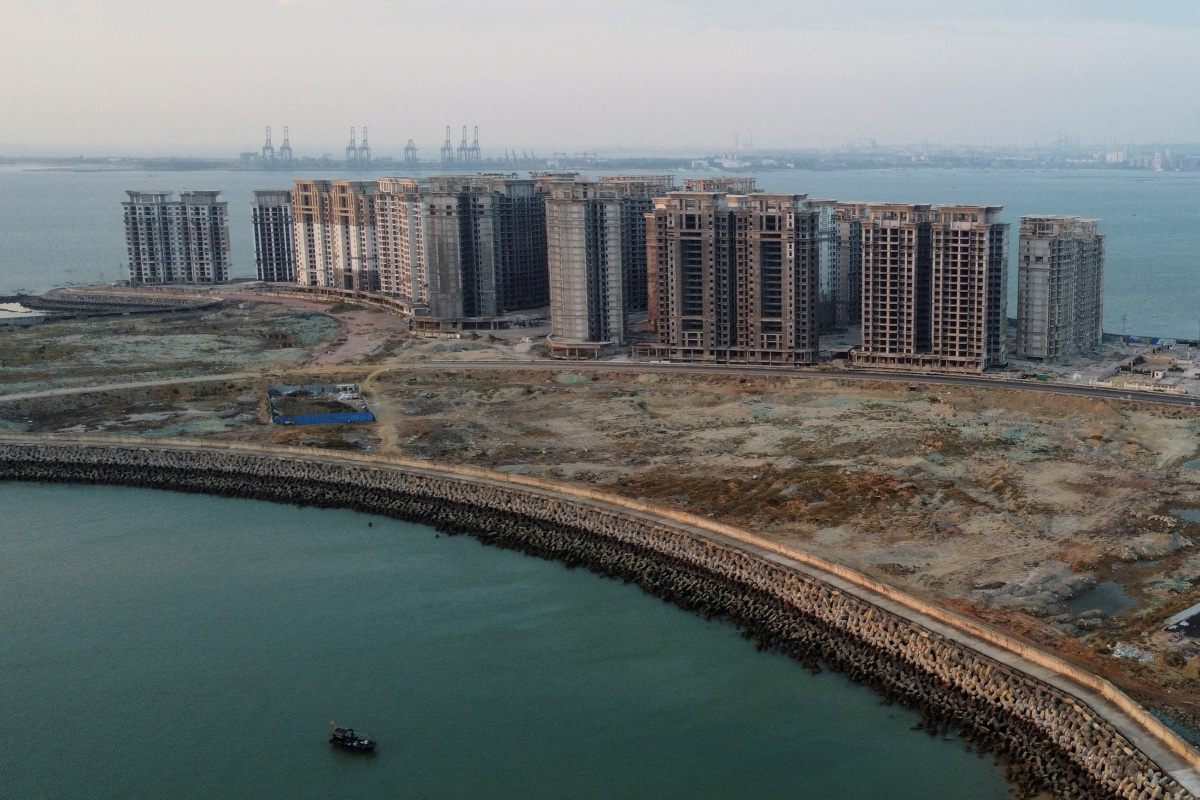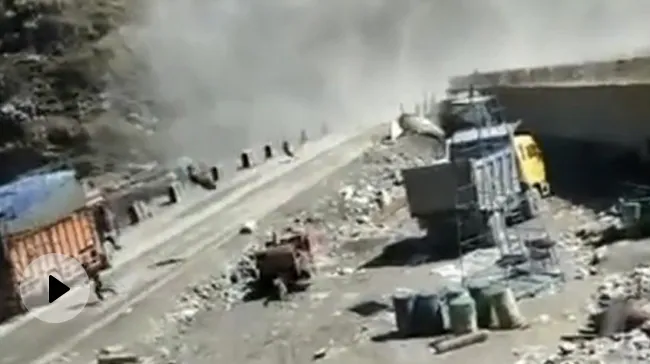Evergrande Group — China’s top-selling developer– filed for bankruptcy protection in a U.S. court this week. The move reveals something scary about China’s debt: Nobody knows how big and how bad it is.
Rising debt is a big problem for every country. However, the debt’s size and structure are well-known in most major developed economies.
For instance, the U.S. and Japan’s and eurozone’s official debt-to-GDP ratios are 129%, 263%, and 91.50, respectively. Unofficially, these numbers are even higher if certain unfunded government liabilities are considered (e.g., student loans and Social Security in the U.S).
But a big chunk of this debt is issued to investors worldwide, which means the risk of holding that debt is diffused to many investors worldwide.
The knowledge of the size and the structure of U.S and Japanese debt helps credit agencies and financial markets assess the risks associated with holding the country’s debt.
That isn’t the case for China’s debt. Officially, it is a fraction of the U.S, eurozone and Japanese debt numbers: 76.90%. Unofficially, nobody has a fair estimate, for a good reason: scores of loans from government-owned banks to government-owned enterprises and government-supported land developers.
That means the government is the lender and the borrower simultaneously, concentrating rather than diffusing credit risks, creating the potential of a systemic collapse — as the Greek crisis so loudly demonstrated a decade ago.
China’s debt situation became worse during the pandemic, when Beijing tried to keep many failing corporations afloat without an exit plan.
“Various local governments remain highly indebted,” Riccardo Cociani, Principal Analyst, Asia Pacific, at Sibylline, told International Business Times. “A lack of concise and clear policy directions from the central government likely exacerbated national socio-economic health and previously present structures and conditions by prompting many firms to ‘return to normal’ (after lifting Covid-19 restrictions) in an increasingly complex and uncertain geopolitical and trade environment.”
The joint government ownership of creditors and borrowers complicates creditor bailouts: It shifts losses from one position to another on the liability side of the government’s balance sheet.
That’s what happened in the case of the Greek debt “haircut.” A cut of the general government debt was a rise in the debt of government-controlled banks and pension funds, the creditors of the general government.
The situation is even more dire in China, where the outright simultaneous government ownership of banks, pension funds, land developers, and standard corporations has yielded an odd state in which both the creditor and the borrower are government branches.
Government-owned banks lend money directly to government-owned corporations, which usually function as welfare agencies, and to land developers, who are behind the country’s “investment” bubble, one of the engines of the Chinese economy.
Debt rating agencies have yet to catch up with China’s peculiar debt situation, as they continue to assign a high credit rating very close to those of the U.S and Japan. For instance, Standard & Poor’s credit rating for China stands at A+ with a stable outlook. Moody’s assigns a credit rating of A1 with a stable outlook, and Fitch an A+ with a stable outlook.
Still, Dr. Tenpao Lee, professor emeritus of economics at Niagara University, believes that China’s problems are temporary due to de-risking, which is depressing aggregate demand.
“In the short term, China will have to cut its production levels and lay off workers with higher unemployment rates,” he told IBT. “In the long term, China will recover as the world’s second-largest economy with essential natural resources.”






